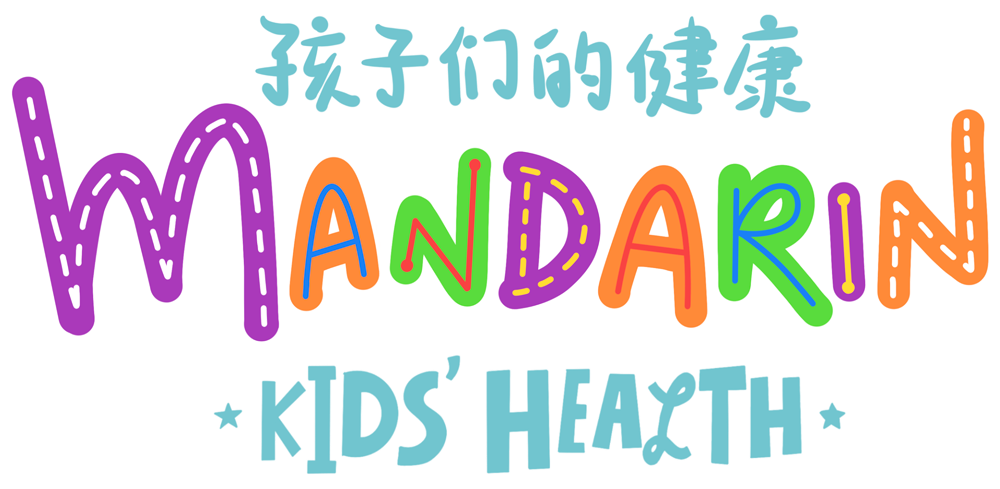现在,黑人、原住民和有色人种比以往任何时候都更孤立和痛苦,而肺炎、战争和种族主义等全球危机都促进了他们获得有科学根据的资讯和渠道。因此,很多父母都在网上和社交平台上寻找育儿资讯。可是,网上现有的育儿资讯主要以西方和英语为主,而且许多都不是基于科学证据。所以,现有的资讯是无法满足来自边缘化社区的家庭。研究表明,当与自己有相同背景的专业人士 (包括种族身份和语言) 提供意见,边缘化社区中的人会更容易信任、接纳和应用这些意见。 因此,我们的团队认为有迫切需要去提供无障碍、有代表性、乎合不同文化的育儿资讯,以支持父母和他们的孩子。所以,在 2021 年,我们通过社交媒体创建了旁遮普语版「孩子们的健康」(Punjabi Kids’ Health),提供免费和乎合该文化的育儿资讯,并鼓励社区参与,以满足加拿大里旁遮普社群的需求。鉴于这个频道的成功,我们在 2022 年又推出了另外9 个频道,包括粤语版「孩子们的健康」(Cantonese Kids’ Health)。我们的目标是增强家长的自主和育儿能力,减轻他们的压力,创建一个给予支持的网上育儿平台,让医疗保健提供者提供乎合文化和有科学根据的育儿资讯,从而改善普通话社群的整体健康。
Now more than ever, Black, Indigenous and People of Colour are experiencing isolation and distress and global crises like COVID-19, war and racism have exacerbated their access to evidence-based supports and networks. As a result, parents are seeking connection and parenting information online and through social media. However existing online parenting resources are primarily Eurocentric and in English, and many are not evidence-based. Families from marginalized communities have unique needs that are not met with existing resources. Research indicates that when individuals in marginalized communities receive health information from professionals who share their lived experience – including racial identity and language – there is greater trust, uptake and application of health information into positive health behaviours.
Given this our team knew that there was an urgent need to develop accessible, representative, culturally relevant parenting resources to support parents and their children. So in 2021, we created a free, culturally-congruent parent support resource delivered through social media and co-designed using community-based participatory methods called Punjabi Kids’ Health to address the needs of the Punjabi-Canadian community. Given the success of this channel, in 2022, we launched an additional 9 channels including Mandarin Kids’ Health. We aim to improve overall wellness in the Mandarin community by empowering parents, improving parenting competence and stress, creating supportive virtual parenting communities and sharing culturally-relevant, evidence-based parenting resources with healthcare providers to share with their patients.
